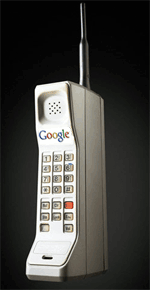 TechCrunch’s Michael Arrington is reporting that Google is absolutely, positively working on an Android phone of its own for release early next year. He seems to be confirming scuttlebutt from a month ago, and the only thing that’s changed is that the shipping schedule has supposedly slipped a bit.
TechCrunch’s Michael Arrington is reporting that Google is absolutely, positively working on an Android phone of its own for release early next year. He seems to be confirming scuttlebutt from a month ago, and the only thing that’s changed is that the shipping schedule has supposedly slipped a bit.
If Arrington’s right, Google may be about to indulge in an act of overweening hubris: It’s hard to imagine that HTC, Motorola, Sony Ericsson, and other makers of Android-based devices will be anything but profoundly ticked off at the prospect of their software supplier going into competition with them. But the more I think about it, the more I hope that the Googlephone is a reality.
Almost without exception, every truly great handheld gizmo has consisted of software and hardware from one company. The iPhone and iPod, of course. Palm products from the original PalmPilot right up to the Palm Pre. Every BlackBerry ever released. Almost every Psion. They’ve all been more than the sum of their parts, because they’ve been beautifully integrated in a way that’s only possible when a single company’s responsible for everything.
It’s certainly possible to build a really good gadget with somebody else’s software–Verizon’s Droid proves that, as do other devices all the way back to HP’s beloved 200LX palmtop. But they’ll always operate at a disadvantage to ones that reflect a single vision.
Arrington says he knows nothing about the specs of the alleged Googlephone. It would be pretty sad if it turned out to be a mundane handset that could have come from anybody. I’m thinking it would pack a highly customized version of Android that’s even more focused on putting a bevy of Google services in your pocket. Any guesses?

 TheStreet’s Scott Mortiz is reporting that
TheStreet’s Scott Mortiz is reporting that 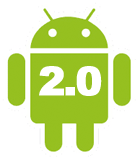 Google CEO Eric Schmidt is predicting that use of the company’s Android phone OS is
Google CEO Eric Schmidt is predicting that use of the company’s Android phone OS is 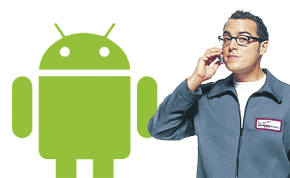 Google’s Android phone OS may have gotten off to a slower start than I’d have expected, but it’s quickly making up for lost time. Today’s news:
Google’s Android phone OS may have gotten off to a slower start than I’d have expected, but it’s quickly making up for lost time. Today’s news:  Daring Fireball’s John Gruber has a smart post up exhorting somebody–anybody–to
Daring Fireball’s John Gruber has a smart post up exhorting somebody–anybody–to 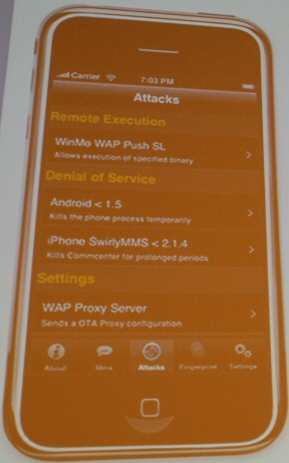
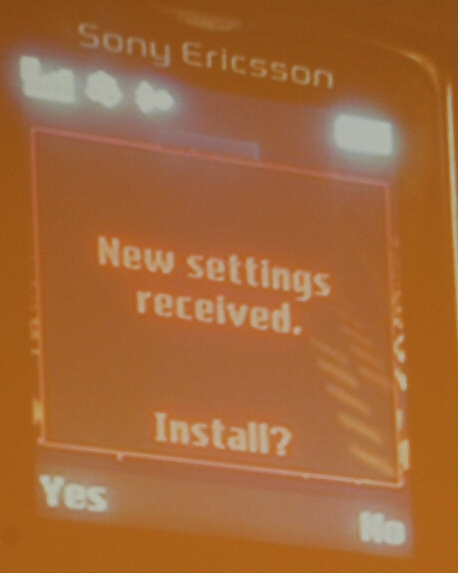
 Rumors about a Dell handheld device of some sort have been
Rumors about a Dell handheld device of some sort have been